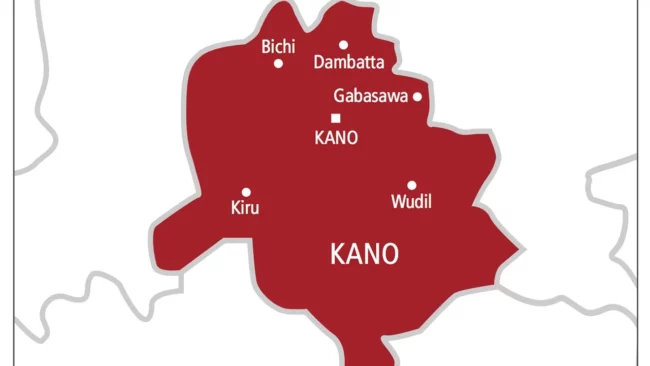The Kano State government has acquired eight combine harvesters to boost agricultural mechanisation and ensure food security for its people.
The announcement was made by the State Commissioner for Agriculture and Natural Resources, Alhaji Dannuma Mahmud, during a consultative forum on gender policy in agriculture.
The commissioner stated that Governor Abba Kabir Yusuf is committed to enhancing farming activities across the state, which he described as an agrarian society with farming communities in all of its 44 local government areas.
According to the Permanent Secretary of the ministry, Dr. Bashir Sunusi, the current administration has been working tirelessly to support the agricultural sector since taking office.
The announcement was made at the North West Zonal Consultative Forum for the Review of the National Gender Policy in Agriculture, an event organised by ActionAid Nigeria and held at the Thair Guest Palace in Kano.
The forum brought together men, women, and people with disabilities to discuss strategies for a more inclusive and equitable food system.
Barrister Nkiruka Stella Okonkwo, the National Consultant for the policy review, highlighted the importance of the gathering in ensuring that everyone contributes to the goal of national food security, in line with the United Nations’ sustainable development goal of “leaving no one behind.”
Mrs. Blessing Akhile, the Food and Agriculture Programme Advisor for ActionAid Nigeria, emphasized that the forum was a vital opportunity to include the voices of smallholder women farmers, young people, and persons with disabilities.
She noted that since its launch in 2019, the National Gender Policy in Agriculture has made significant progress in addressing gender gaps and improving productivity, which has contributed to food security and poverty reduction for millions.
Dr. E. Ibrahim, a representative from AGRA Nigeria, echoed these sentiments, stating that while agriculture is the backbone of Nigeria’s economy, its full potential cannot be realized without addressing the persistent gender gaps in access to resources and opportunities.
She highlighted AGRA’s efforts to close this gap, revealing that out of the 1.2 million farmers reached by their interventions, 37% are women and 47% are youths.
READ MORE FROM: NIGERIAN TRIBUNE
WATCH TOP VIDEOS FROM NIGERIAN TRIBUNE TV
- Relationship Hangout: Public vs Private Proposals – Which Truly Wins in Love?
- “No” Is a Complete Sentence: Why You Should Stop Feeling Guilty
- Relationship Hangout: Friendship Talk 2025 – How to Be a Good Friend & Big Questions on Friendship
- Police Overpower Armed Robbers in Ibadan After Fierce Struggle






